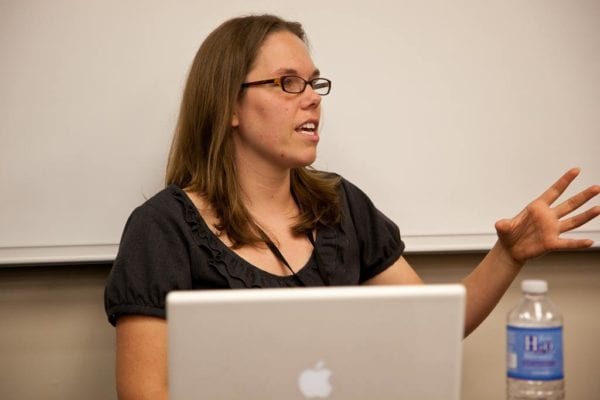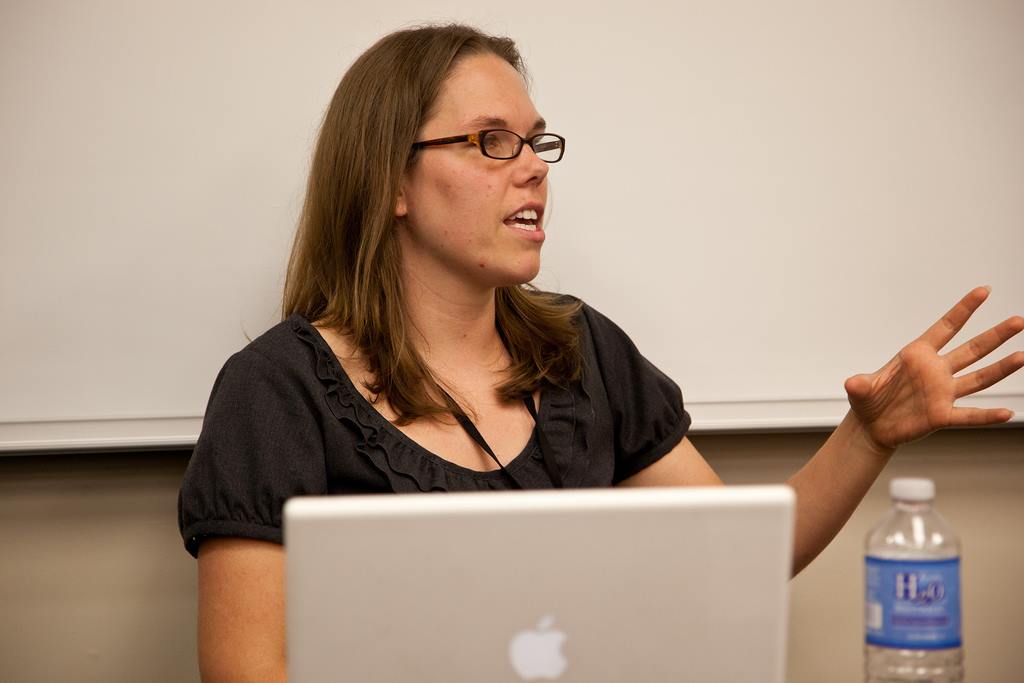
The Center for Media Engagement and Media Ethics Initiative Present:
Media Freedom and the Middle East: Pursuing a Self-Regulatory Approach in Qatar
Associate Professor of Journalism
University of Texas at Austin
February 19 (Tuesday) ¦ 3:30-4:30PM ¦ BMC 5.208
 Laws throughout the Middle East and North Africa dramatically limit freedom of expression by prohibiting journalists from engaging in basic newsgathering functions, including taking video and photos in public. Historically, journalists and the general public alike have faced potential criminal punishment for violation of these laws, which also often prohibit the publication of information deemed offensive, embarrassing or sensitive. Recently, however, Qatar has begun to explore ways to promote media freedom and Western investment in media through the initiation of the Qatar Media Hub. Organizations operating through the QMH would ascribe to a code of professional ethics as a means of regulation, potentially taking them outside the scope of traditional criminal law. During a recent consulting trip to the country, I urged government leaders to adopt this self-regulatory approach in lieu of traditional government regulation as a means of advancing free expression. My current work explores the benefits of ethical self-regulation as well as global approaches to media self-regulation in the hope of drafting a workable model for Qatar’s new initiative.
Laws throughout the Middle East and North Africa dramatically limit freedom of expression by prohibiting journalists from engaging in basic newsgathering functions, including taking video and photos in public. Historically, journalists and the general public alike have faced potential criminal punishment for violation of these laws, which also often prohibit the publication of information deemed offensive, embarrassing or sensitive. Recently, however, Qatar has begun to explore ways to promote media freedom and Western investment in media through the initiation of the Qatar Media Hub. Organizations operating through the QMH would ascribe to a code of professional ethics as a means of regulation, potentially taking them outside the scope of traditional criminal law. During a recent consulting trip to the country, I urged government leaders to adopt this self-regulatory approach in lieu of traditional government regulation as a means of advancing free expression. My current work explores the benefits of ethical self-regulation as well as global approaches to media self-regulation in the hope of drafting a workable model for Qatar’s new initiative.
Dr. Amy Kristin Sanders is an award-winning former journalist, licensed attorney and associate professor. Before joining the faculty of The University of Texas at Austin, she taught for more than four years at Northwestern University’s campus in Doha, Qatar. Her research focuses on the intersection of law and new technology as it relates to media freedom. Specifically, she focuses on international and comparative media law and policy issues, including media freedom, Internet governance, social media and digital literacy. She has authored more than 20 scholarly articles in numerous law reviews and mass communication journals, and she is a co-author of the widely recognized casebook “First Amendment and the Fourth Estate: The Law of Mass Media.”
The Media Ethics Initiative is part of the Center for Media Engagement at the University of Texas at Austin. Follow MEI and CME on Facebook for more information. Media Ethics Initiative events are open and free to the public.


